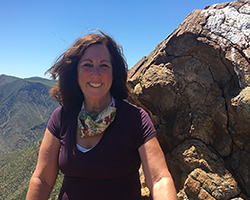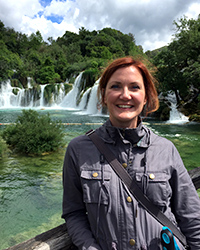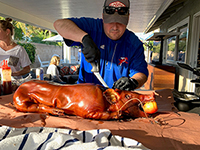Do you speak “client”?
Mike Giangrande, J.D., LL.M.
Federal Tax Editor
Client-speak is a language unto itself, which means that no matter how long you’ve been in practice, you may not yet have achieved full fluency. Here’s a handy guide of common phrases clients use, and what they really mean:
- I don’t have crypto currency = I do have cryptocurrency
- I am very organized = I have a shoebox full of crap for you
- I didn’t receive a 1099 = I received the income, but don’t want to tell you about it
- What do I need here? = How many fake expenses do I need to come up with?
- I want to refinance my home, but I’m not showing enough income = I have been lying to you about my level of income for years, and it only now benefits me to start reporting all of it
- I paid all my estimates = I probably paid them all, but I’m too lazy to review my bank statements to be sure
- I do my own bookkeeping, I have QuickBooks = I leave QuickBooks to do my thinking for me and none of it can be trusted





 Austin Lewis traveled to four national parks in nine days last summer, and here he is at the Grand Canyon. Pro tip: The north rim has 10x better views and 10x fewer visitors than the south rim.
Austin Lewis traveled to four national parks in nine days last summer, and here he is at the Grand Canyon. Pro tip: The north rim has 10x better views and 10x fewer visitors than the south rim.
 Diane Fuller loves to read, cook, and go to Ketchum/Sun Valley, Idaho, as many times as possible during the year with her family including grandkids and dogs.
Diane Fuller loves to read, cook, and go to Ketchum/Sun Valley, Idaho, as many times as possible during the year with her family including grandkids and dogs.
